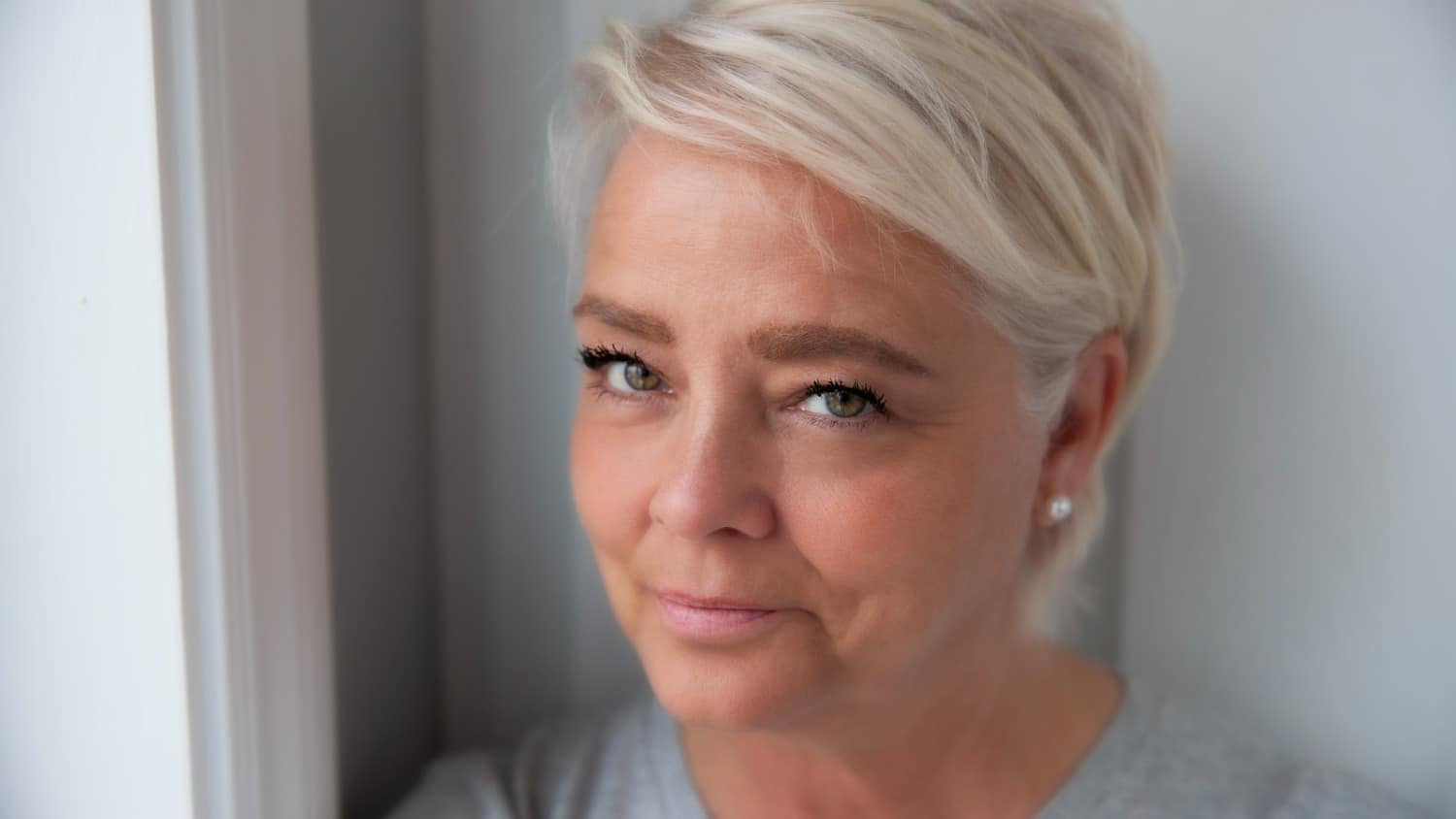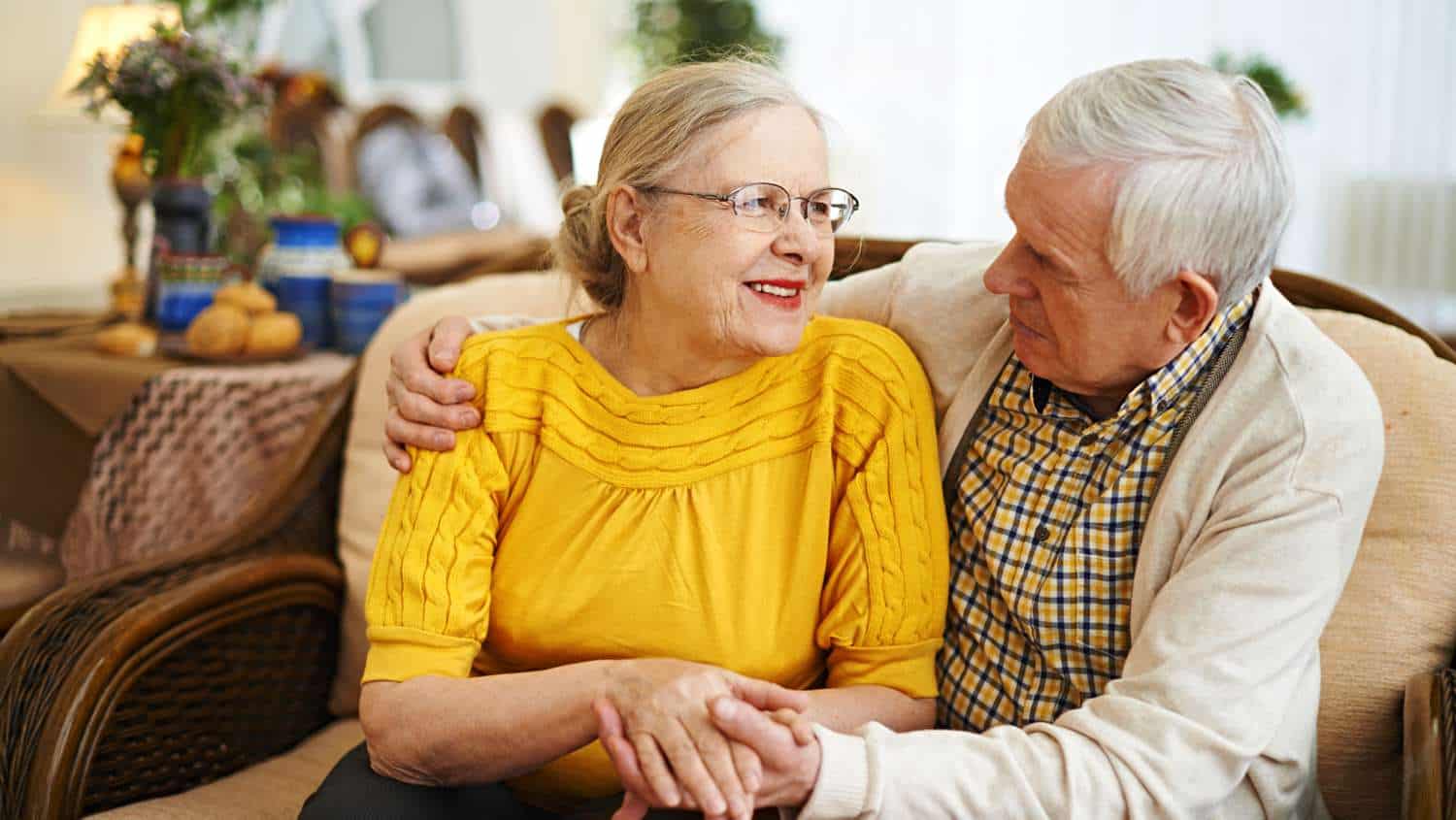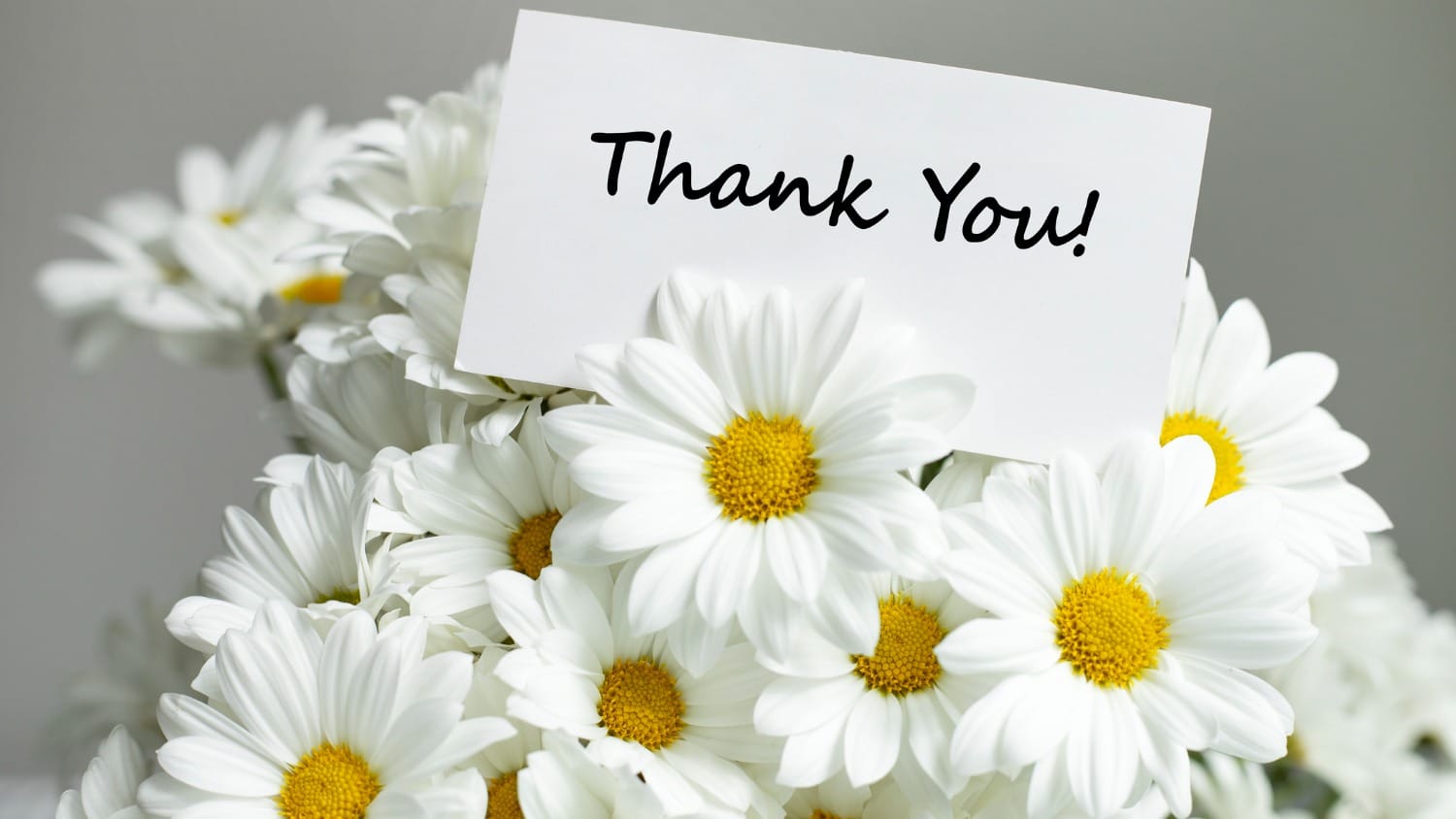
Why Gratitude Matters for Our Own Well-being
Since time immemorial, people have been discussing the quality of gratitude. Plato (427–347 BCE) said, “A grateful mind is a great mind, which eventually attracts to itself great things.” Aristotle (384–322 BCE), a pupil of Plato, pointed out the relationship between our better side and gratitude. He also suggested that “gratitude is more than mere thanks, but uniquely tied to the idea of giving oneself.”
The great Stoic philosopher Seneca the Younger (4–65 CE) said, “We should try by all means to be as grateful as possible. For gratitude is a good thing for ourselves.”
Modern Research
Robert A. Emmons, a contemporary expert on gratitude, has found that people who practice gratitude regularly are healthier and happier. He points out that people who deliberately choose positive emotions are actually nurturing their mental health and well-being.
Modern research has backed up what we all know instinctively: feeling and expressing gratitude is good for us. When we do so, our brain releases dopamine and serotonin. These chemicals have a party inside us and lift our spirits and make us feel good. When we give thanks, we are benefitting ourselves as well as others.
The Benefits
The benefits of expressing gratitude are many. It improves our overall health, including our psychological well-being. By making us feel better about ourselves and our lives, it nurtures our self-esteem, which in turn boosts our mental strength, resilience and mood. And as our mood improves, we start to sleep better. Gratitude also reduces our desire for revenge and envy of others, which enhances our empathy.
According to Harvard Medical School, gratitude is “a thankful appreciation for what an individual receives, whether tangible or intangible. With gratitude, people acknowledge the goodness in their lives.… As a result, gratitude also helps people connect to something larger than themselves as individuals—whether to other people, nature, or a higher power.”
How to Practise Gratitude
Feeling gratitude is a practice that is good for us. The thing is, we have to train ourselves to do it. Where to start is always the question. We could begin with a gratitude journal. Every evening, as we go to bed, we can write in our journal at least three things we are grateful for and allow ourselves to feel that lovely emotion. Those little endorphins and serotonins that are released will help us sleep better.
In the morning we can do the same thing, which will give us a good start to our day. As we count our blessings, we can enjoy life at a much deeper level.
Another way to practice gratitude is to consciously perform at least one kind act during the day. A helpful book on practicing gratitude is The Book of Gratitude, a collection of texts by 30 international women writers who are inspired to heal the world through gratitude.
What Can We Be Grateful for?
There is so much to be grateful for. Life itself is such a gift, as is the incredible human body we have inherited from those who have gone before us. It behooves us to look after life. We have families and friends who enrich our lives and whose lives we can enrich.
We live in a wonderful society that is set up to improve our lives by providing us with food, shelter and clothing, as well as many other things that make life enjoyable.
We can take moments to recognize how much we have to be thankful for: the warmth of the sun; the refreshing rain; the beauty of flowers and trees; the joy of our pets; the greetings of family, friends and acquaintances. So much, and all of it free. No doubt you can add to this list.
Conclusion
We all have much to give thanks for, and it is important to recognize that, no matter what challenges we may face in life, there is always something to be grateful for. By focusing on the things we have, rather than what we lack, we can cultivate a feeling of gratitude and find greater joy and contentment. As we show that gratitude, we increase the pleasure of others and ourselves.
Let’s Have a Conversation:
Is gratitude a part of your life? How do you express it to yourself? How do you express it to others? What benefits have you noticed when practicing gratitude?
Tags Being Grateful







Am always very gratefullyalive each an every day !
Yes, with a grateful heart I thank my God for another day of life.
Acknowledging the gift of family and friends around us. And also the unconditional love receiving from my dogie poodle named Benjo.
The unconditional love of pets is definitely something that we can be grateful for! :)
Behooves??
Behooves means appropriate.
I have bee keeping little gratitude journals for years. They are pretty little books that I keep in the three places I spend relaxing time-my nightstand, my music room and in my office. Seeing them prompts me to express what I am thankful for in my life on a regular basis. I also try to tell my friends and family exactly why I am grateful for them. Concrete things they do, even if they are little things, that let them know I appreciate them. Don’t lose the chance-life is uncertain and I like to express gratitude now rather than have regrets that I didn’t (express it).
What good suggestions, Kathy, for anyone who wants to follow your example! I like especially your idea that we ought to express gratitude to family and friends now, rather than when it may be too late.
Gratitude meditation is part of every morning for me. No matter what the circumstances are in my life, there is always something to be grateful for. I sit, close my eyes, and stretch my hands toward the sky. Often, that alone brings tears to my eyes. I connect with the energies of the Universe and am overwhelmed with the majesty of simply being human in this place at this time. The practice calms my nervous system and sets the tone for the day. It’s a life enhancer – a life saver.
How wonderful, Sherry! I love this!